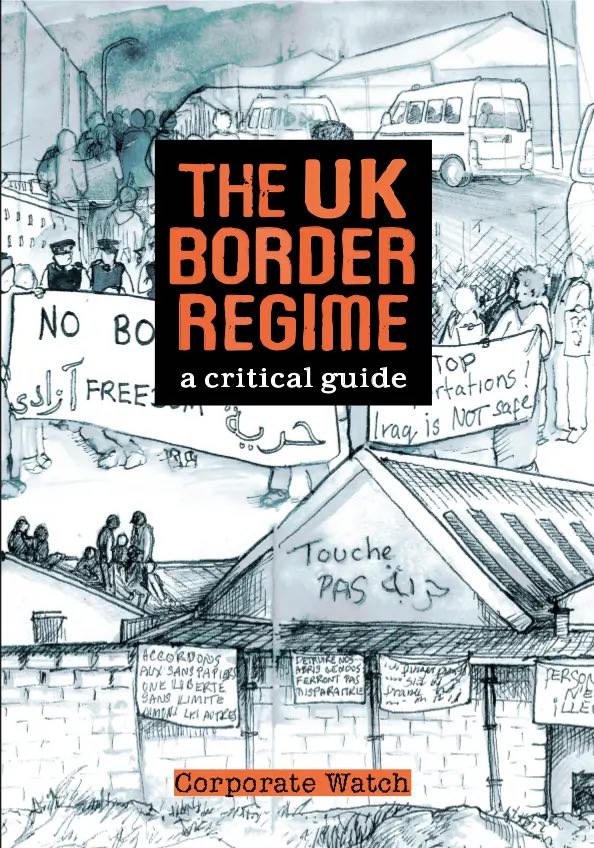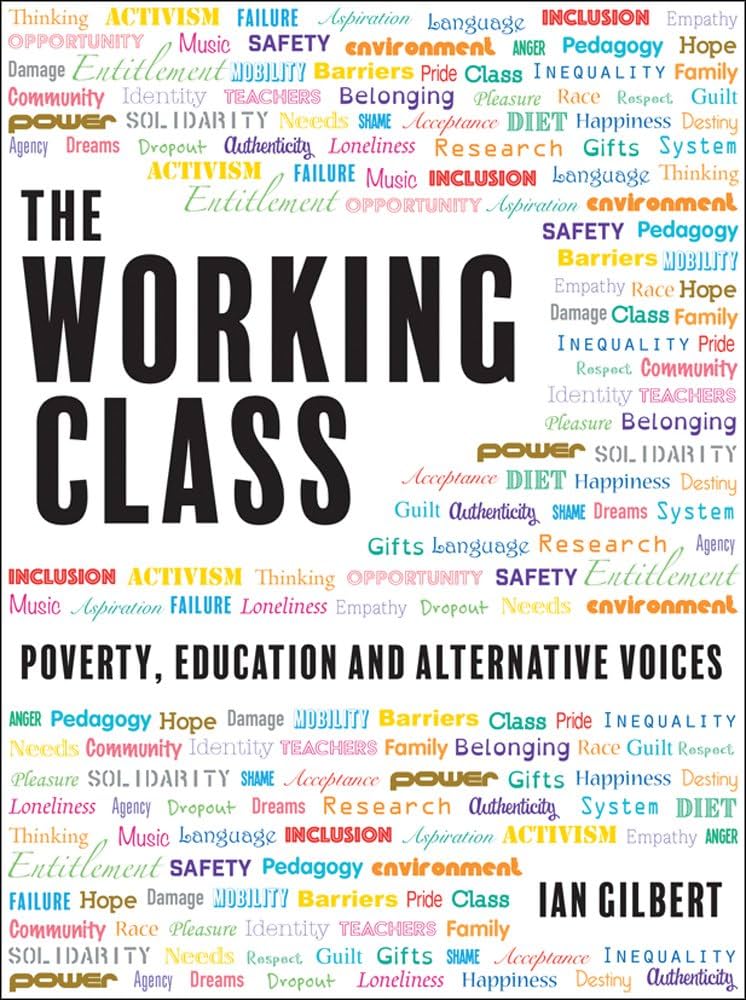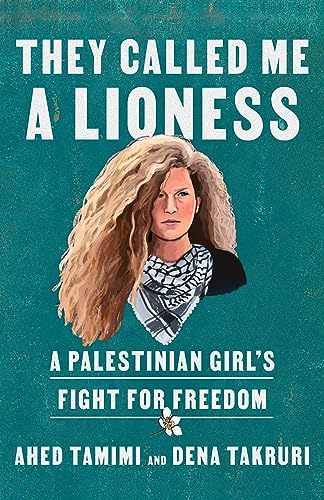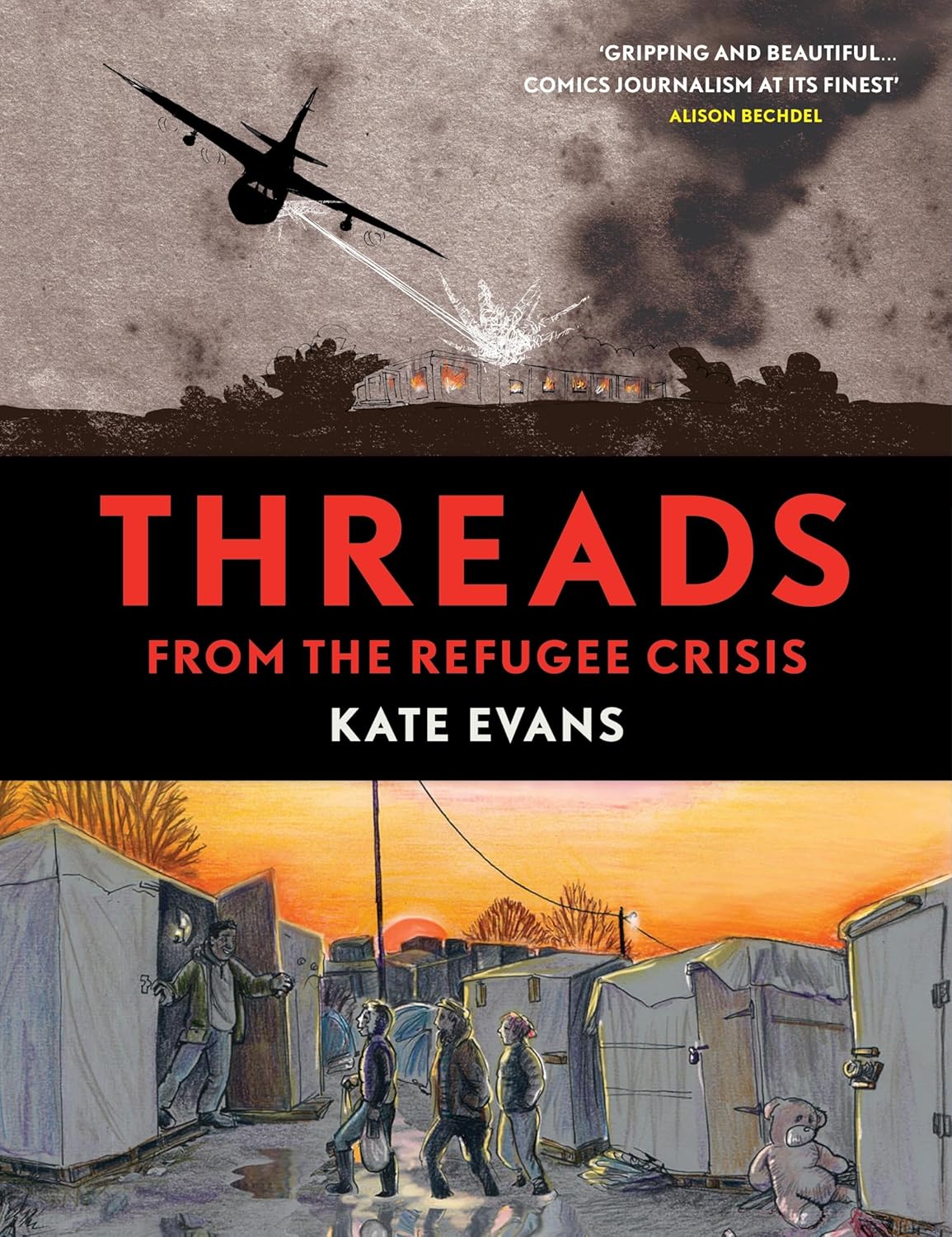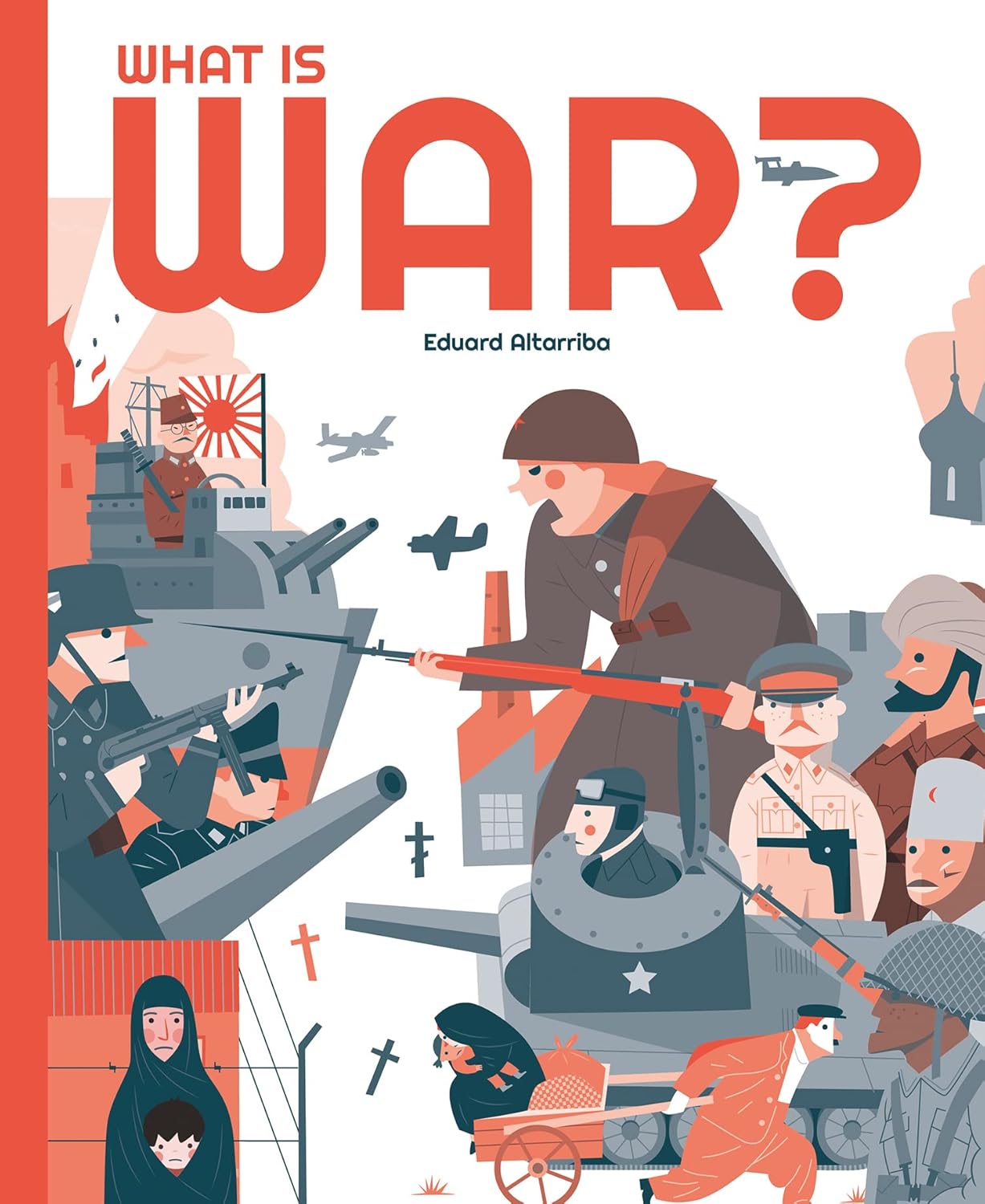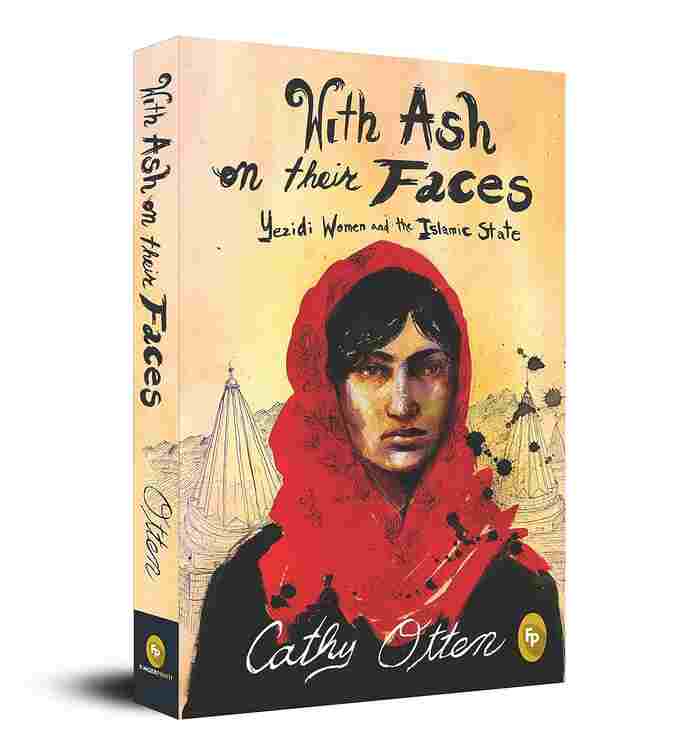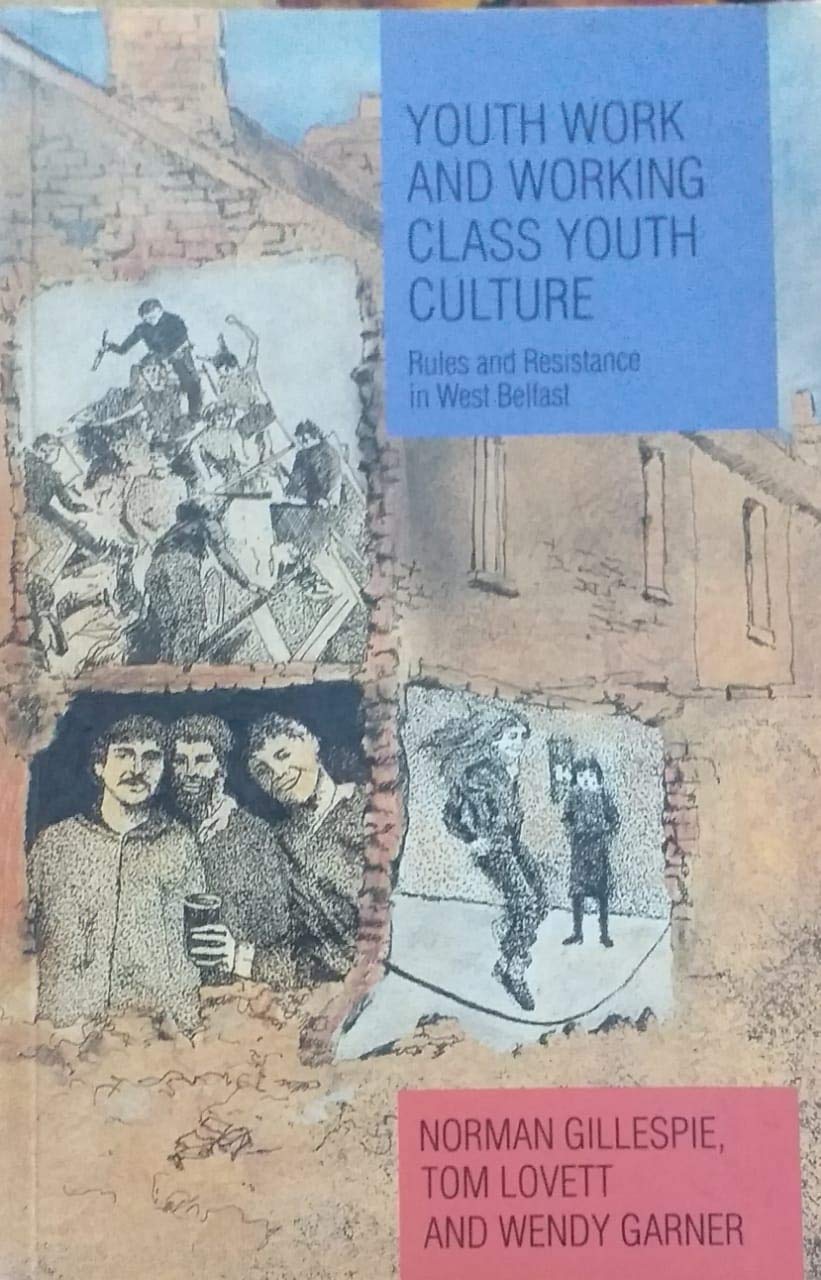Throughout history, human beings have migrated. To escape war, oppression and poverty, to make a better life, to follow their own dreams. But since the start of the 20th century, modern governments have found ever more vicious ways to stop people moving freely.
The UK border regime includes the razor wire fences at Calais, the limbo of the asylum system, and the open violence of raids and deportations. Alongside the Home Office, it includes the companies running databases and detention centres, the media pushing hate speech, and the politicians posturing to win votes. It keeps on escalating, through Tony Blair’s war on refugees to Theresa May’s “hostile environment”, spreading fear and division.
This book describes and analyses the UK’s system of immigration controls. It looks at how it has developed through recent history, the different actors involved, and how people resist. The aim is to help understand the border regime, and ask how we can fight it effectively.
Part autobiography, part anti-colonial history, originally published in 1966 Cheddi Jagan's The West on Trial: My Fight for Guyana's Freedom chronicles Dutch, French, and British rivalry for social, political, and economic control of Guyana, as well as the fight for self-determination and independence from colonial rule.Chronicled in these illuminating pages is life on the sugar plantations; the painful experience of caste hierarchy and racism; the devastation of World War; peace, colonialism, and the struggle for independence from imperialism. Subtly and concisely, Jagan outlines the corporate and economic interests involved in attempting to perpetuate colonial subjugation in British Guiana. Larger in scope than Jagan's Forbidden Freedom (also available from International Publishers), The West on Trial provides important historical context that enables readers to grasp the pivotal post-World War II period of anti-colonial, national liberation movements and the role of British and U.S. imperialism throughout the 1950s and 1960s in destabilizing democratically elected popular governments. For students of decolonization, the Cold War, and the struggle for independence, Cheddi Jagan's The West on Trial: My Fight for Guyana's Freedom is required reading.
In The Working Class: Poverty, education and alternative voices, Ian Gilbert unites educators from across the UK and further afield to call on all those working in schools to adopt a more enlightened and empathetic approach to supporting children in challenging circumstances. One of the most intractable problems in modern education is how to close the widening gap in attainment between the haves and the have-nots. Unfortunately, successive governments both in the UK and abroad have gone about solving it the wrong way. Independent Thinking founder Ian Gilbert’s increasing frustration with educational policies that favour ‘no excuses’ and ‘compliance’, and that ignore the broader issues of poverty and inequality, is shared by many others across the sphere of education – and this widespread disaffection has led to the assembly of a diverse cast of teachers, school leaders, academics and poets who unite in this book to challenge the status quo. Their thought-provoking commentary, ideas and impassioned anecdotal insights are presented in the form of essays, think pieces and poems that draw together a wealth of research on the issue and probe and discredit the current view on what is best for children from poorer socio-economic backgrounds. Exploring themes such as inclusion, aspiration, pedagogy and opportunity, the contributions collectively lift the veil of feigned ‘equality of opportunity for all’ to reveal the bigger picture of poverty and to articulate the hidden truth that there is always another way.
Ahed Tamimi is a world-renowned Palestinian activist, born and raised in the small West Bank village of Nabi Saleh, which became a center of the resistance to Israeli occupation when an illegal, Jewish-only settlement blocked off its community spring. Tamimi came of age participating in nonviolent demonstrations against this action and the occupation at large. Her global renown reached an apex in December 2017, when, at sixteen years old, she was filmed slapping an Israeli soldier who refused to leave her front yard. The video went viral, and Tamimi was arrested. But this is not just a story of activism or imprisonment. It is the human-scale story of an occupation that has riveted the world and shaped global politics, from a girl who grew up in the middle of it . Tamimi's father was born in 1967, the year that Israel began its occupation of the West Bank and he grew up immersed in the resistance movement. One of Tamimi's earliest memories is visiting him in prison, poking her toddler fingers through the fence to touch his hand. She herself would spend her seventeenth birthday behind bars. Living through this greatest test and heightened attacks on her village, Tamimi felt her resolve only deepen, in tension with her attempts to live the normal life of a daughter, sibling, friend, and student.
In the French port town of Calais, the historic home of the lace industry, a city within a city has arisen. This new town, known as the Jungle, is the home of thousands of refugees, mainly from the Middle East and Africa, all hoping, somehow, to get to the UK. Into this squalid shantytown of shipping containers and tents, full of rats and trash and devoid of toilets and safety, the artist Kate Evans brought a sketchbook and an open mind. Combining the techniques of eyewitness reportage with the medium of comic-book storytelling, Evans has produced this unforgettable book, filled with poignant images--by turns shocking, angering, wry, and heartbreaking.
Weaving into the story hostile comments about the migrants from nativist politicians and Internet trolls, Threads addresses one of the most pressing issues of modern times--making a compelling case, through intimate evidence, for compassionate treatment of refugees and the free movement of peoples. Evans's creativity and
A new edition of the gripping, best-selling story of MAC and the Free Wales Army - the men who, during the 1960s, challenged England's rule in the first Welsh armed rebellion since Owain Glyndwr. With foreword by Sian Dalis Cayo-Evans.
ISIS’s genocidal attack on the Yezidi population in northern Iraq in 2014 brought the world’s attention to the small faith that numbers less than one million worldwide. That summer ISIS massacred Yezidi men and enslaved women and children. More than one hundred thousand Yezidis were besieged on Sinjar Mountain. The US began airstrikes to roll back ISIS, citing a duty to save the Yezidis, but the genocide is still ongoing. The headlines have moved on but thousands of Yezidi women and children remain in captivity, and many more are still displaced. Sinjar is now free from ISIS but the Yezidi homeland is at the centre of growing tensions amongst the city’s liberators, making returning home for the Yezidis almost impossible. The mass abduction of Yezidi women and children is here conveyed with extraordinary intensity in the first-hand reporting of a young journalist who has been based in Iraqi Kurdistan for the past four years, covering the war with ISIS and its impact on the people of the country. Otten tells the story of the ISIS attacks, the mass enslavements of Yezidi women and the fallout from the disaster. She challenges common perceptions of Yezidi female victimhood by focusing on stories of resistance passed down by generations. Yezidi women describe how, in the recent conflict, they followed the tradition of their ancestors who, a century ago during persecutions at the fall of the Ottoman empire, put ash on their faces to make themselves unattractive and try to avoid being raped. Today, over 3,000 Yezidi women and girls remain in the Caliphate where they are bought and sold, and passed between fighters as chattel. But many other have escaped or been released. Otten bases her book on interviews with these survivors, as well as those who smuggled them to safety, painstakingly piecing together their accounts of enslavement. Their deeply moving personal narratives bring alive a human tragedy.
Alaa Abd el-Fattah is arguably the most high-profile political prisoner in Egypt, if not the Arab world, rising to international prominence during the revolution of 2011. A fiercely independent thinker who fuses politics and technology in powerful prose, an activist whose ideas represent a global generation which has only known struggle against a failing system, a public intellectual with the rare courage to offer personal, painful honesty, Alaa’s written voice came to symbolize much of what was fresh, inspiring and revolutionary about the uprisings that have defined the last decade. Collected here for the first time in English are a selection of his essays, social media posts and interviews from 2011 until the present. He has spent the majority of those years in prison, where many of these pieces were written. Together, they present not only a unique account from the frontline of a decade of global upheaval, but a catalogue of ideas about other futures those upheavals could yet reveal. From theories on technology and history to profound reflections on the meaning of prison, You Have Not Yet Been Defeated is a book about the importance of ideas, whatever their cost.
This volume examines the youth service and the values, attitudes, culture and needs of working class youth in Northern Ireland. It explores why some young people participate in youth clubs and others do not; how patterns of participation differ by gender, class and religion; how young people use their leisure time if they are not involved with youth clubs (and whether youth clubs could meet their needs). It concentrates on young people's views, exploring the tensions and contradictions of working class youth culture.

